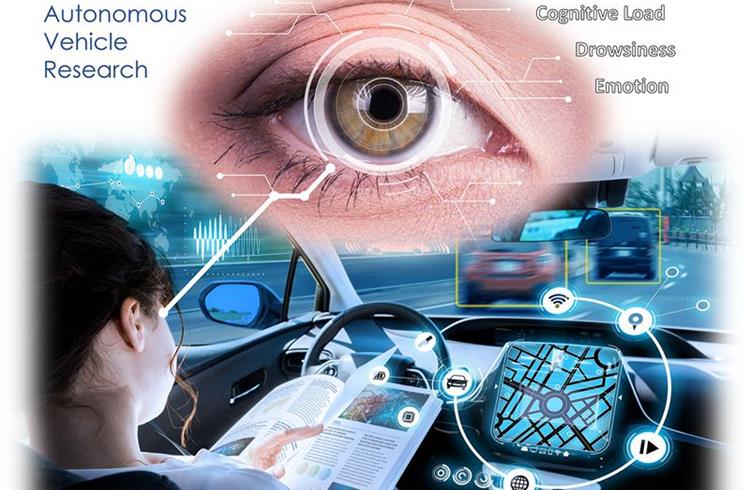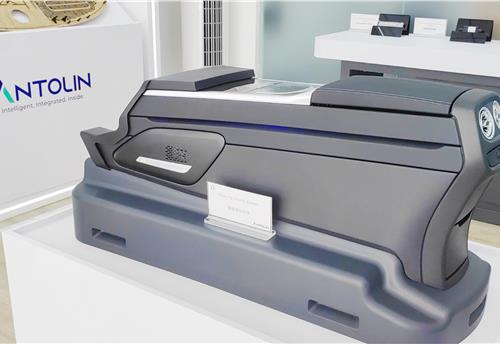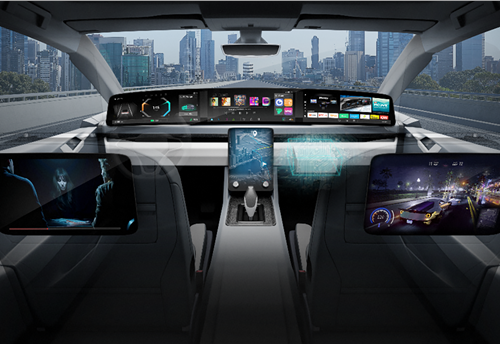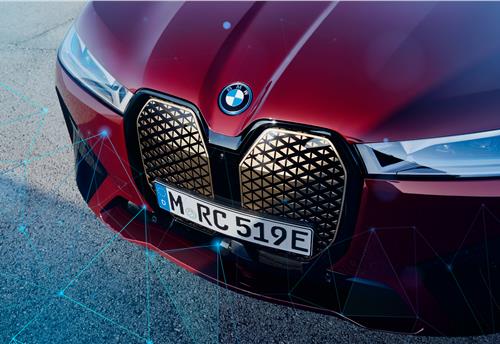Autoliv and MIT AgeLab to develop semi-autonomous vehicle prototype
The goal of this research collaboration is to provide for the development of AI systems that understand and manage the state of the driver to create a safe and enjoyable experience in semi-autonomous vehicles.
Autoliv, the worldwide leader in automotive safety systems, has signed a research agreement with the Massachusetts Institute of Technology AgeLab. The two-year-long research collaboration aims to develop a semi-autonomous vehicle prototype that demonstrates the future of human-centered artificial intelligence in the automotive space.
The mission of this research collaboration is to provide for the development of artificial intelligence systems that understand and manage the state of the driver to create a safe and enjoyable experience in semi-autonomous vehicles.
At the core of the research effort, is the development and real world evaluation of deep learning algorithms that enable effective communication and transfer of control between human and machine. This includes sensing driver gaze, emotion, cognitive load, drowsiness, hand position, posture, and fusing this information with the perception of the driving environment to create safe, reliable vehicles that drivers can learn to trust.
“We are looking to lead the world in the application of state-of-the art deep learning methods for semi-autonomous vehicle systems in a way that ensures the human being is the core focus of every algorithm and interface we build," says Lex Fridman, MIT. "It is clear that the global focus on autonomous vehicles must begin to consider increased investment in human centered vehicle system that support appropriate driver engagement through trusted safety and an enjoyable mobility experience," says Bryan Reimer, MIT. “We believe that drivers will be traversing the world’s roadways for decades to come as higher levels of automation steadily increases.”
“Today, 1.4 million people die in traffic fatalities every year. Investments in vehicle automation such as Advanced Driver Assistance Systems (ADAS) will increase road safety, but the introduction of assistance technology is not enough. To save more lives, we need to establish trust between the driver and the car’s intelligence. I am confident that this collaboration with leading researchers will accelerate the industry’s ability to deliver future safety solutions,” says Ola Boström, VP Research at Autoliv.
RELATED ARTICLES
Antolin unveils sustainable tech solutions at Beijing Motor Show
In line with its China market roadmap, Antolin is showcasing its latest advances in lighting, HMI, electronics, and sust...
Visteon wins $1.4 billion in new business in Q1 2024, launches 26 new products
Digitisation of vehicle cockpit megatrend is a key growth driver for Visteon with over $400 million of displays wins; Vi...
BMW uses Catena-X ecosystem using real-world CO2 data to enhance quality
Working together with partners and suppliers, the company has modelled a complete data chain for the first time using re...





 By Autocar Pro News Desk
By Autocar Pro News Desk
 29 Oct 2017
29 Oct 2017
 3001 Views
3001 Views









